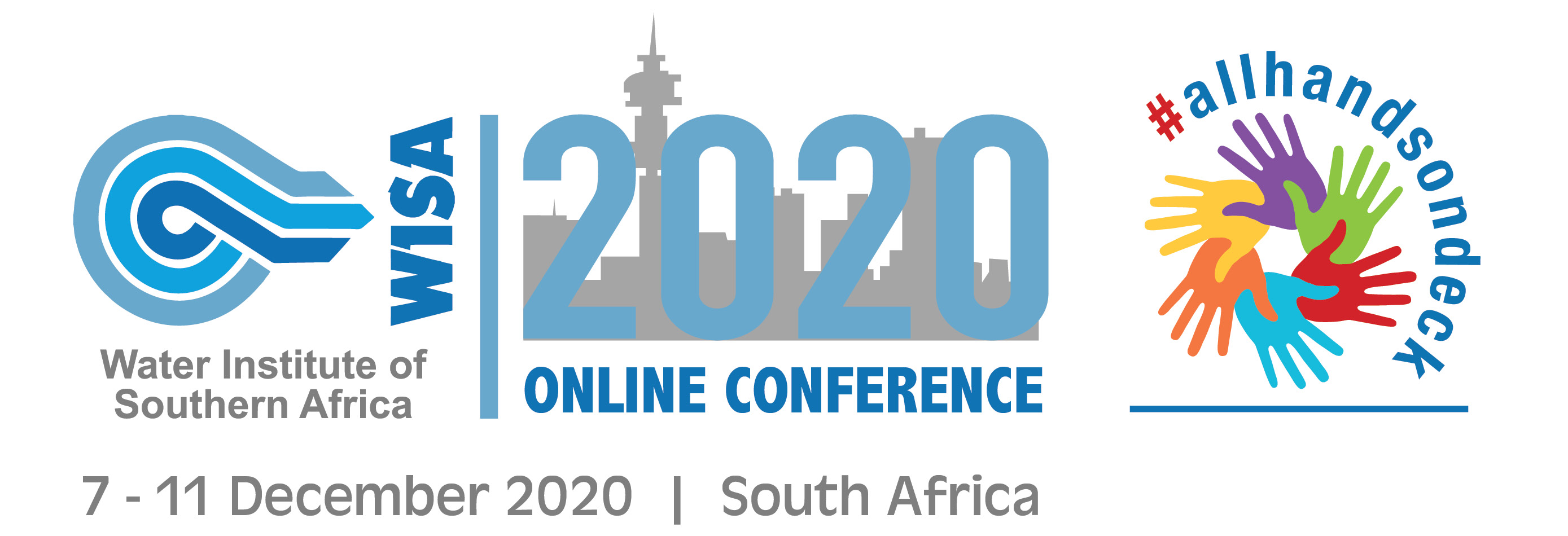Water governance incentives
Incentive Mechanisms in the Context of Water Governance
Summary
South Africa has ambitious water-related development goals (e.g. National Develop-ment Plan 2030) which are in line with the Sustainable Development Goals (UN 2015) or even surpass them. The country has established a highly ambitious and worldwide acknowledged body of water legislation, but is struggling with the implementation of national legal regulations and requirements on local level. This governance gap between macro level (legislation/institutional framework) and micro level (local water manage-ment institutions and decision makers) results in water crisis, deterioration of resources, collapsing infrastructure, substandard services etc. These problems are amplified by in-creasing water demand and impacts of climate change.
In certain cases, the implementation gap and non-functional (or missing) institutions lead to informal institutions taking over administrative and management functions to fill some of the gaps (e.g. user forums). These informal institutions act without legal man-date and enforcement capacities and they often lack resources and information.
Based on research projects funded by the German Federal Ministry of Education and Research (BMBF) in the Olifants River Catchment, the workshop presents new ICT tools and economic measures to improve water governance on micro (local) level.
The iWaGSS Realtime Water Management System links different tools and methods (risk assessment, surface water modelling, realtime water quality monitoring and addi-tional data) in a single data management and decision support system to provide reliable information for water managers and stakeholders. The system is part of a research pro-ject in the Lower Olifants catchment and currently tested in a pilot zone. Main output, besides management support and planning scenarios, is access to free and reliable data for all stakeholders and increased transparency which will help to hold responsible pub-lic servants and managers to account. Public accountability is a key factor to improve resource management and water governance.
To overcome the challenges of aging and collapsing infrastructure and substandard ser-vices, accompanying (financial) incentives and economic aspects have to be taken into account. Main goal is to improve water utility management and to increase service cov-erage. This includes sustainable financing mechanisms (e.g. hybrid finance and results-based financing) and professionalization of services.
These results from research will be discussed with practitioners from the water sector, development funding and financial institutions. The panellists take into account critical actions and requirements to overcome the governance gaps and to reach the SDG and NDP 2030 goals.
